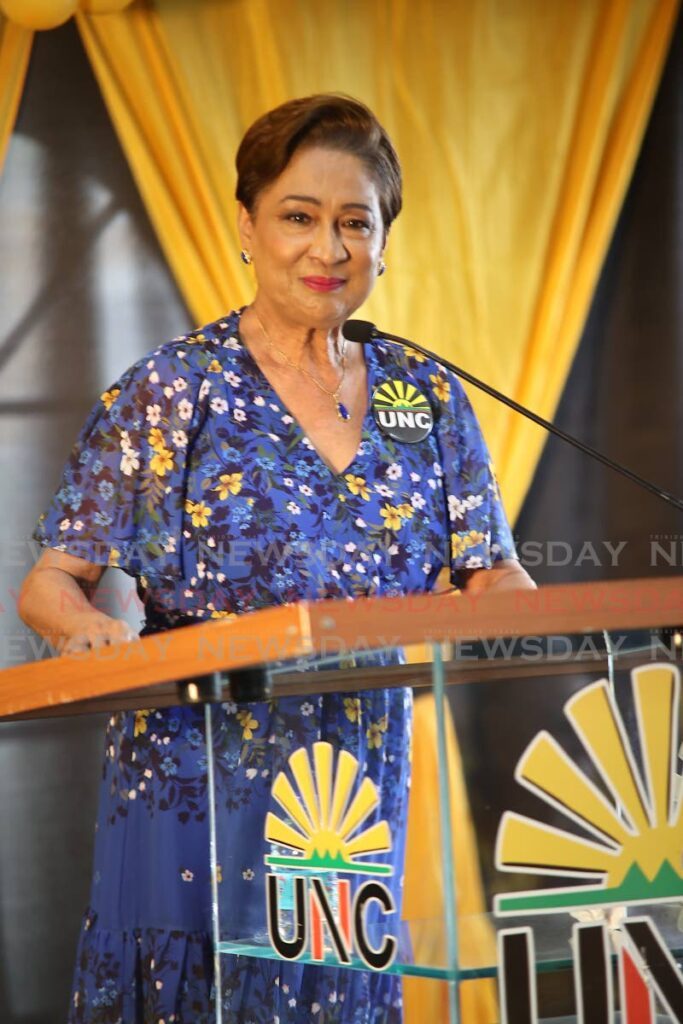Contest in the UNC

THE EDITOR: I am not involved in the current internal contest in the UNC for executive positions. I am merely an observer, although, as a founding member of the party who participated in formulating its philosophy, mission and basic principles, I take a passing interest in developments in the party.
It is with some amusement that I note a robust competition on the part of spokespeople on both sides to publicise who is more authentically UNC than the other and who could engage in more lavish praise of the founding leader in order to gain the favour of the membership despite their earlier history of opposition to the UNC and attacks on the leader.
The familiar basis of attack designed to delegitimise the position of the other side is evident.
The incumbents are portrayed as ineffectual, incompetent, self-serving and perennial losers who are happy with stagnation, defeat and compromised leadership.
The challengers are publicised as ambitious, power hungry, treacherous, uncommitted and stealthy collaborators with the enemy – the PNM. The range of alleged collaboration and association with the PNM is a subject for another time.
The pronouncements by the incumbent leader in a way set the tone of the engagement. She claims to be the authorised gatekeeper tasked with excluding undesirables from the fold. She is the protector of the authentic UNC faith. She is sole dispenser of favours and candidacies and the possessor of fearsome retributive power.
The arrogance of leadership on both sides of the political divide derives from the political culture which has assigned absolute power and indeed infallibility to the leader, such that the first leader of the PNM would declare: “When I say come, you cometh and when I say go, you goeth and who doh like it can get to hell out of here.”
It was the template to be followed by later party leaders.
Given the intense and vitriolic nature of the campaign and the hostility engendered, it is hardly likely that there will be reconciliation after the elections as there is an absence of institutions in the party for resolution of differences and a deficiency of leadership supported by a culture of dismissal of those with differing opinions. It seems, therefore, that the consequence will be an element of fracture in the support base.
History has shown that political contests generally favour incumbents who, by various means, determine the size and composition of the voter population and the processes for exercising the franchise. It is in extraordinary circumstances that challengers are victorious, bearing in mind that it is neither the general population nor the whole of the party’s support base that determines the outcome, but merely those members who are permitted to vote.
While ideally the population should welcome the competition of views as healthy for democracy, the reality is that the general run of voters, especially the uncommitted ones, perceive organisations which engage in robust fierce internal debate, resulting in eventual polarisation, as fractious, divided and disorganised, and therefore not attractive as contenders for office.
TREVOR SUDAMA
San Fernando

Comments
"Contest in the UNC"